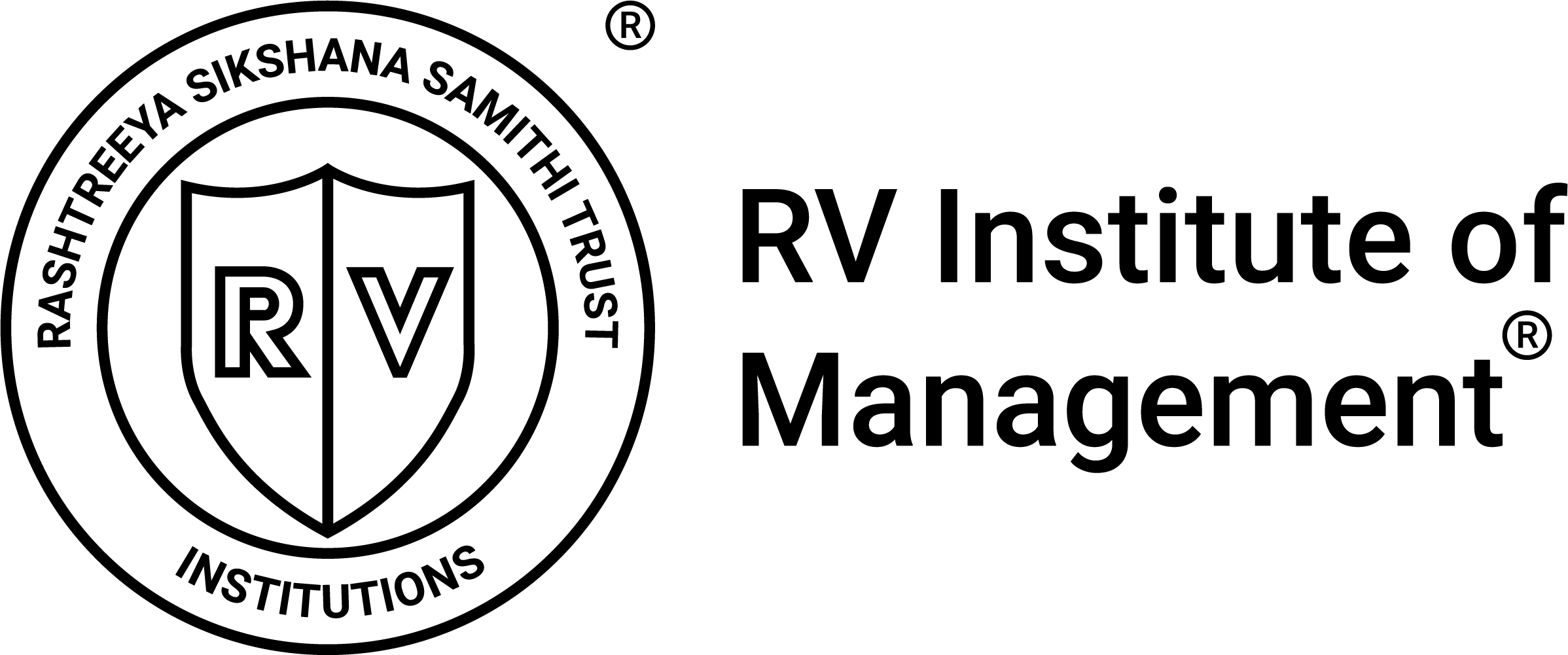Criterion 2 –Teaching-Learning and Evaluation
| Metric No | 2.1 – Student Enrollment and Profile | Download |
| 2.1.1 | Enrolment Number Number of students admitted during the year | 2.1.1 Number of students admitted |
| 2.1.2 | Number of seats filled against seats reserved for various categories (SC, ST, OBC, Divyangjan, etc. as per applicable reservation policy during the year (exclusive of supernumerary seats) | 2.1.2 Number of seats filled against seats reserved |
| Metric No | 2.2 – Catering to Student Diversity | Download |
| 2.2.1 | The institution assesses the learning levels of the students and organizes special Programmes for advanced learners and slow learners | 2.2.1 Programmes for advanced learners |
| 2.2.2 | Student- Full time teacher ratio (Data for the latest completed academic year) | 2.2.2 Student- Full time teacher ratio |
| Metric No | Teaching Learning Process | Download |
| 2.3.1 | Student centric methods, such as experiential learning, participative learning and problem solving methodologies are used for enhancing learning experiences | 2.3.1 Student centric methods |
| 2.3.2 | Teachers use ICT enabled tools for effective teaching-learning process. | 2.3.2 Teachers use ICT enabled tools |
| 2.3.3 | Ratio of mentor to students for academic and other related issues (Data for the latest completed academic year ) | 2.3.3 Ratio of mentor to students |
| Metric No | 2.4 – Teacher Profile and Quality | Download |
| 2.4.1 | Number of full time teachers against sanctioned posts during the year | 2.4.1 – List of full time teachers |
| 2.4.2 | Number of full time teachers with Ph. D. / D.M. / M.Ch. /D.N.B Superspeciality / D.Sc. / D.Litt. during the year (consider only highest degree for count) | 2.4.2 Ph.D Award Certificates |
| 2.4.3 | Number of years of teaching experience of full time teachers in the same institution (Data for the latest completed academic year) | 2.4.3 – Number of years of teaching experience of full time teachers in RVIM |
| Metric No | 2.5 – Evaluation Process and Reforms | Download |
| 2.5.1 | Mechanism of internal assessment is transparent and robust in terms of frequency and mode | 2.5.1 Mechanism of internal Examination |
| 2.5.2 | Mechanism to deal with internal examination related grievances is transparent, time- bound and efficient | 2.5.2 Mechanism to deal with internal examination related grievances is transparent, time- bound and efficient |
| Metric No | 2.6 – Student Performance and Learning Outcomes | Download |
| 2.6.1 | Programme and course outcomes for all Programmes offered by the institution are stated and displayed on website and communicated to teachers and students. | 2.6.1 Programme and course outcomes for all Programmes offered by the institution are stated and displayed on website and communicated to teachers and students |
| 2.6.2 | Attainment of Programme outcomes and course outcomes are evaluated by the institution. | 2.6.2 Attainment of PO_s _ CO_s evaluated by the institution |
| 2.6.3 | Pass percentage of Students during the year | 2.6.3 Pass percentage of Students during the 2020-21 |
| Metric No | 2.7 – Student Satisfaction Survey | Download |
| 2.7.1 | Student Satisfaction Survey (SSS) on overall institutional performance (Institution may design its own questionnaire) | 2.7 Student Satisfaction Survey |




